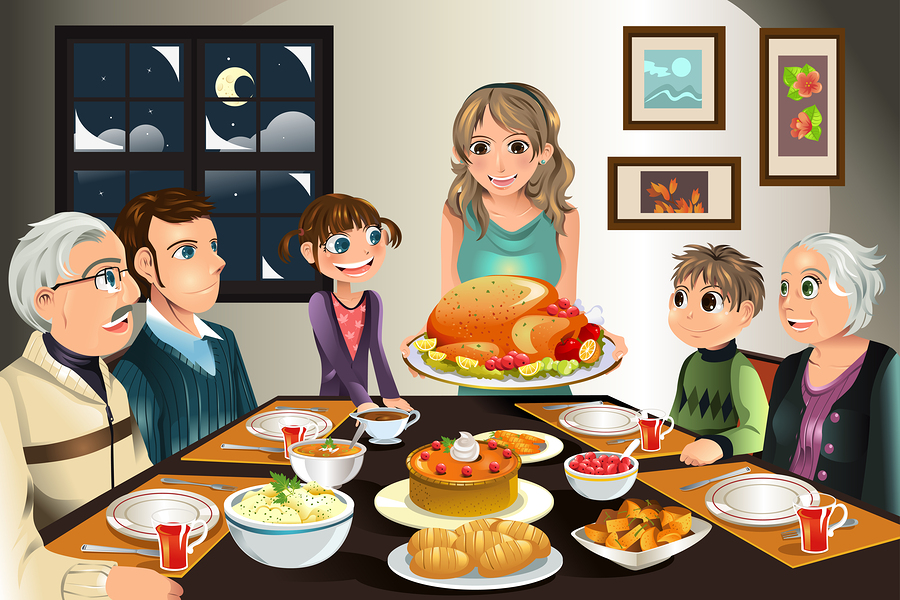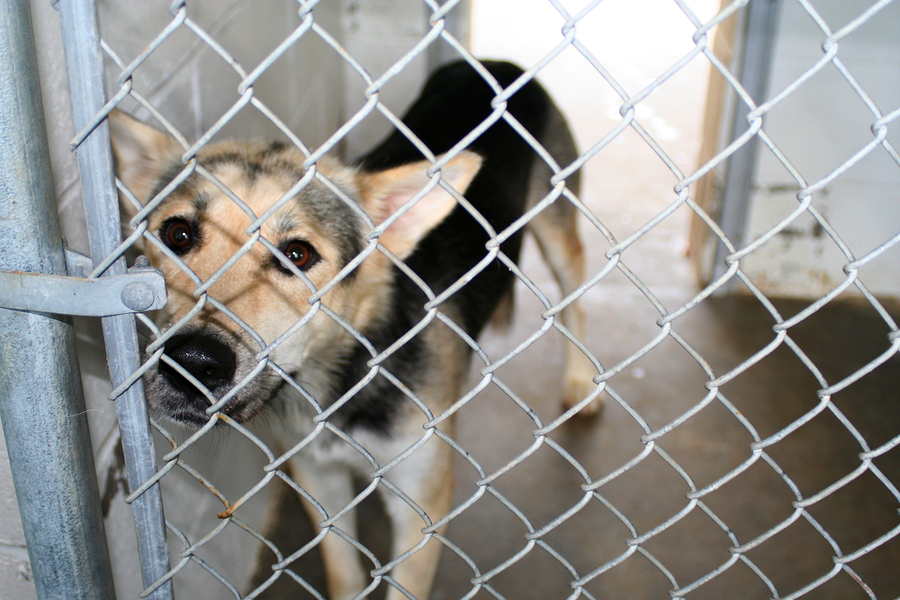I don’t mean to put extra pressure on all you mommies out there.
But it is a fact that you are the number one person that your kids look up to and pay attention to most when they’re in their formative years.
 Your actions and your words as the primary caregiver are shaping the kind of person your children will grow up to be.
Your actions and your words as the primary caregiver are shaping the kind of person your children will grow up to be.
And here’s what is most important:
It’s not what you say but HOW you say it that affects the way your child will view the world. Let’s use an example here to illustrate what I mean. You’ve just gone to get some groceries after picking up the kids from daycare, and you’re backing out of the parking space when another car suddenly hits your vehicle. “Why do things like this always happen to me?” you ask, and then go on to say, “I’m a lousy driver.” In these two short sentences, you’ve let your children know that bad things happen all the time – by using the word “always”- and that bad things happen because it’s your fault they do. The way you’ve framed the situation in a self-disparaging manner is how they’ll digest it. This every-day talk is called your explanatory style*. In this instance, the explanatory style is pessimistic.
Let’s flip the explanatory style and see what another mom would say.
“Are you guys all right? Probably have to take the car in to get fixed. I should have been paying more attention but my mind’s been on work today.” In this case, the mom is describing the accident as a one-time and specific occurrence not as an unfortunate situation that happens to her all the time. She admits responsibility but does not put herself down. This mom’s explanatory style is optimistic.
Your kids pick up on your explanatory style – the way you view and explain away the world. By being more aware of how you say something, you will be doing your children a big favor. It’s highly likely if you are optimistic in your outlook, your kids will be too. And that makes for a happier family.
*Learned Optimism, (Dr. Martin Seligman), New York, 1991
By Kita Szpak, a contributing blogger for JenningsWire





